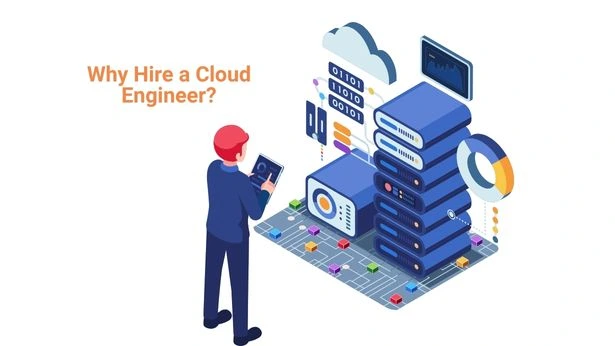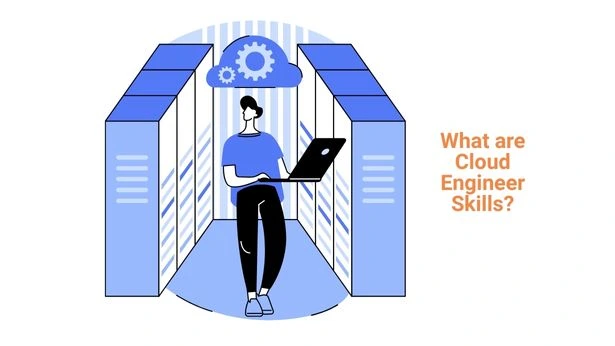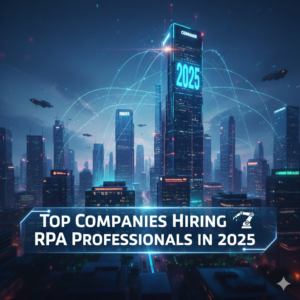How to Hire a Cloud Engineer
In our increasingly digital world, organizations depend on cloud technologies more than ever for storage, management, and data processing. Because of this, organizations are relying on this cloud engineer hiring guide to figure out the top qualifications and skills that are critical to find the right talent. The only thing more important than your cloud project is hiring the right cloud engineer to facilitate everything from building scalable cloud-native applications to migrating your on-premise infrastructure to the cloud.
In this blog, we will explore how to hire a cloud engineer, the skills required of cloud engineers, and the general cloud computing recruitment tips that facilitate the best hiring decision.
Why Hiring the Right Cloud Engineer Matters

It’s important to clearly define what a cloud engineer actually is before investigating the cloud engineer qualifications. A cloud engineer builds, deploys, and maintains cloud services and infrastructure. A good cloud engineer will keep uptime and performance levels in check while also managing costs, overseeing security, and ensuring that your cloud environment can scale easily.
Core Cloud Engineer Qualifications to Look For
When you hire, you should start by confirming the candidates’ education and professional experience. Here are some important qualifications for cloud engineers:
- BE in Computer Science, Information Technology, or similar.
- Credentials such as AWS Certified Solutions Architect, Microsoft Azure Solutions Expert, or Google Cloud Professional Engineer.
- 2-5 years working in cloud platforms.
- Familiar with CI/CD tools and automation frameworks.
The qualifications lay a strong foundation, but technical skills and hands-on experience will distinguish the top candidates.
Technical Skills Required for Cloud Engineers

Being aware of the skill set of cloud engineers is vital to your hiring journey. So what are the top skills to look for?
1. Knowledge of cloud platforms: You need to have an engineer who has familiarity with at least one of the big 3 platforms:
- Amazon Web Services (AWS).
- Microsoft Azure.
- Google Cloud Platform (GCP).
They should understand how to configure services, manage billing, and understand any platform-specific tools.
2. Networking & Security Basics: A cloud engineer must be familiar with:
- Setting up a Virtual Private Cloud (VPC).
- Load balancing and firewalls.
- DNS management.
- Encryption, IAM (Identity and Access Management), and data security.
3. Scripting and Programming: Having skills in the scripting languages such as Python, Bash, or PowerShell and programming familiarity with Java, Node.js, or Go, gives the engineer extra capabilities to automate cloud tasks.
4. Infrastructure as Code (IaC): Experience with automation tools like Terraform, AWS CloudFormation, or Ansible to deploy infrastructure is an important skill.
5. Containers and Orchestration: Familiarity with Docker and Kubernetes is necessary to manage microservices along with modern cloud-native applications.
6. Monitoring and Performance Tuning: Being able to use monitoring tools such as CloudWatch, Prometheus, or Datadog to fine-tune for performance and best costs is a must-have ability.
Soft Skills and Business Acumen
It’s not just about technical skills. If you’re thinking about how to hire a cloud engineer, make sure you don’t overlook these soft skills:
- Problem-solving: Quickly troubleshooting and getting to the root cause analysis.
- Communication: Explaining technical issues in layman’s terms.
- Team collaboration: Working closely with DevOps, security, and product teams.
- Adaptability: Keeping up-to-date with and following evolving cloud technologies.
Step-by-Step Cloud Engineer Hiring Guide
Now that you know the qualifications and skills to look for, use this cloud engineer hiring guide to help you make a smart hire:
Step 1: Define the Role: Outline whether you need a:
- Cloud Architect.
- DevOps Cloud Engineer.
- Cloud Security Engineer.
- Cloud Infrastructure Engineer
Defining the role first can help you narrow your field of candidates.
Step 2: Create a Job Description: Be sure to include the following about the platform experience required, number of years of experience, certifications, and technologies in your stack.
Step 3: Recruit from appropriate channels: Use these cloud computing hiring tips to find strong candidates:
- Post your job description on LinkedIn, Indeed, and GitHub.
- Attend cloud conferences or local meetups of cloud professionals.
- Engage a cloud recruitment agency that specializes in recruiting cloud professionals.
Step 4: Consciously Screen Candidates: Communicate expectations; meaningful filtering involves asking questions within a technical assessment and/or narrowing the field of candidates through scenario-based questions. Get candidates completing practical assessments as opposed to theoretical assessments.
Step 5: Conduct Technical interviews: Your interviews should include the following as a minimum:
Use cases related to the platform.
Demonstration of skills in scripting and automation.
Compliance with security best practices.
Problem-solving skills related to cloud use cases.
Step 6: Own Every Hire -> Culture Fit: Make sure the candidate aligns with your company’s culture, especially if it is a remote position, or they are part of a cross-functional team.
Also Read: How Cloud Recruitment Supports Hybrid and Remote Workforces
Cloud Computing Recruitment Tips for Hiring Managers
To enhance your hiring process, here are professional cloud computing hiring tips:
1. Focus on Relevant Experience: Real-World Knowledge, Certifications are beneficial, but experience speaks volumes.
2. Involve Senior Engineers in Interviews: Don’t trust technical competence and team fit to non-technical resources. Include your existing team to review candidate capabilities.
3. Pay Competitive with Compensation: Cloud engineers are hot right now; compare compensation to competitors.
4. Provide Learning and Certification Opportunities: Continue to upskill and provide opportunities to retain top talent and keep your cloud team’s certifications up-to-date.
5. Look for Cross-Platform Ability: Being comfortable on AWS, Azure, and GCP provides scalability and deployment flexibility.
Final Call on Cloud Engineer Hiring Guide
Hiring the ideal cloud engineer requires an understanding of the technical and soft skills required in this fast-paced cloud environment. From knowledge of core cloud platforms like AWS, Azure, and GCP to practical experience with important features such as DevOps, security, automation, and scalability, each skill plays a crucial role in ensuring your cloud infrastructure is effective, resilient, and forward-looking.
By assessing candidates for both their credentials and how they think through problems, you can generate a team that will innovate and drive cloud success for your business.
Ready to scale your cloud operations with top talent? Use this Cloud Engineer Hiring Guide to streamline your recruitment process and find the right fit. Whether you’re hiring for a startup or a large enterprise, partnering with a trusted cloud recruitment agency can make all the difference.
Start hiring smarter with expert-backed insights from our guide. Contact Time Agency Group today to find your next top cloud engineer.
FAQs About Hiring Cloud Engineers
Q1. What are the essential technical skills for a cloud engineer?
Cloud engineers must have experience in a cloud platform such as AWS, Azure or GCP, networking and virtualization skills, scripting (Python, Bash) proficiency, familiarity with DevOps tools (Docker, Kubernetes, Jenkins) and cloud security.
Q2. What certifications should I look for when hiring?
Look for certifications like AWS Certified Solutions Architect, Microsoft Certified: Azure Administrator Associate, or Google Associate Cloud Engineer to demonstrate their expertise.
Q3. Do soft skills matter for cloud engineers?
Yes. Cloud engineers should have great communication skills and be good problem solvers. Collaboration and adaptability are very important as well, especially within cross functional teams and remote-work situations.
Q4. How do I assess a candidate’s cloud skills practically during the hiring process?
You can assess their cloud skills through technical assessments, live coding challenges and cloud architecture design scenarios, to assess their problem-solving abilities and practical skills.
Q5. How many years of experience is too many years or too few years for a cloud engineer?
That all depends on the scope of your project. Entry-level positions may require as little as 1-2 years of experience, while senior roles commonly require 5+ years of experience and experience managing large environments.
Q6. How important is DevOps knowledge for a cloud engineer?
Understanding CI/CD pipelines, infrastructure as code (e.g., Terraform), and automation tools is often an expected part of a cloud engineer’s job in modern environments.
Related Article: Top Cloud Engineering Interview Questions with Answers for Freshers and Experienced






